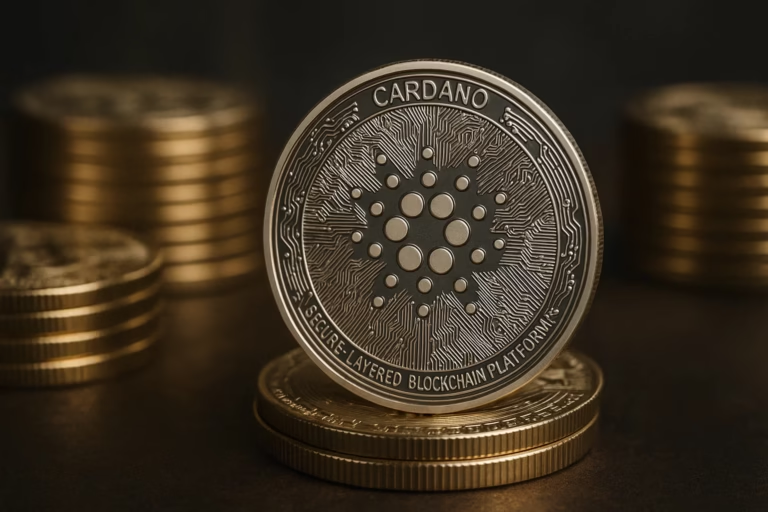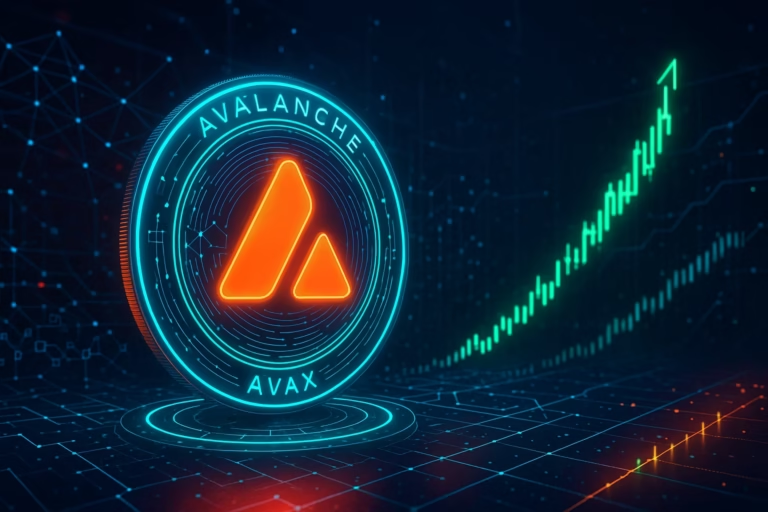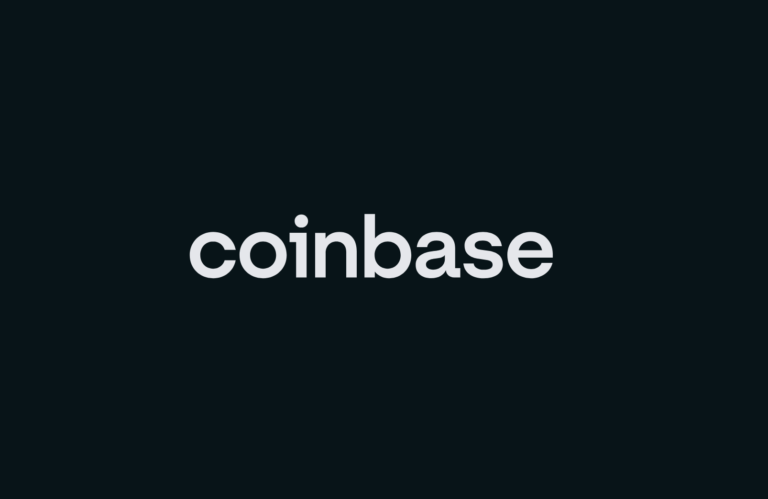
- Cardano’s development teams, particularly Plutus and Mithril, have achieved significant milestones, finalizing guardrail scripts for smart contract governance and optimizing cost models.
- These updates aim to enhance transaction certification, scaling proof generation, and overall efficiency, amidst ADA’s struggle to maintain a price above $0.50 due to reduced demand and market challenges.
Cardano, the blockchain platform known for its innovative approach to smart contracts and scaling solutions, has recently made significant strides in its development efforts. With key updates to its Plutus and Mithril components, the platform is aiming to enhance its capabilities and potentially impact the value of its native cryptocurrency, ADA.
Last week, the Cardano Foundation released a comprehensive report detailing the latest advancements in its core technology and smart contract functionalities. The Plutus team, integral to the development of smart contracts on Cardano, finalized guardrail scripts for Conway governance actions. This development is crucial for ensuring secure and compliant smart contract executions, a pivotal aspect in fostering trust within the Cardano ecosystem.
Simultaneously, the PlutusV3 cost model underwent optimization to ensure efficient performance across various applications and use cases. Collaboration with MLabs resulted in the implementation of new bitwise primitives, further expanding the toolkit available to developers on the platform.
On the scaling front, the Mithril team focused on certifying Cardano transactions within its network. This effort involved scaling proof generation for the mainnet and enhancing low-latency certification processes. These improvements are expected to streamline transaction processing and bolster Cardano’s capabilities in handling increased network activity.
Moreover, the Cardano ledger team achieved significant milestones in conformance testing, completing tests for critical CERT and RATIFY rules. These tests are vital in ensuring that Cardano’s core infrastructure operates securely and efficiently.
In response to recent market challenges, Cardano’s native cryptocurrency ADA has faced strong selling pressure, struggling to maintain a price above $0.50. The coin’s market cap currently stands at approximately $16.439 billion, reflecting broader market trends.
The recent decline in ADA’s price is partly attributed to reduced demand, evidenced by a 17% drop in the daily count of active addresses engaged in ADA transactions. Additionally, new demand for ADA decreased by 22% over the same period, aligning with a 2% decrease in the global cryptocurrency market capitalization.
Despite these challenges, ongoing developments within the Cardano ecosystem, particularly in smart contracts and scaling solutions, position the platform for future growth. As the team continues to refine its technology and expand its developer tools, the potential impact on ADA’s value remains a subject of interest.
Progress on Education and Community Engagement
Beyond technical developments, Cardano remains committed to fostering community engagement and education. The Education team is actively planning the next Cardano Developer course and advancing the Mastering Cardano series. Furthermore, efforts to enhance governance structures through initiatives like the DRep Pioneer program aim to equip participants with the knowledge to participate effectively in Cardano’s governance.
While Cardano faces challenges in the cryptocurrency market, recent advancements in Plutus and Mithril underscore its commitment to innovation and growth. As these developments unfold, the potential for ADA’s value to rise to $0.55 remains a possibility, contingent upon broader market conditions and continued technological progress.
Cardano’s strategic focus on smart contracts and scaling solutions not only enhances its competitive edge but also reinforces its position as a leading blockchain platform poised for sustained growth in the evolving digital economy.







